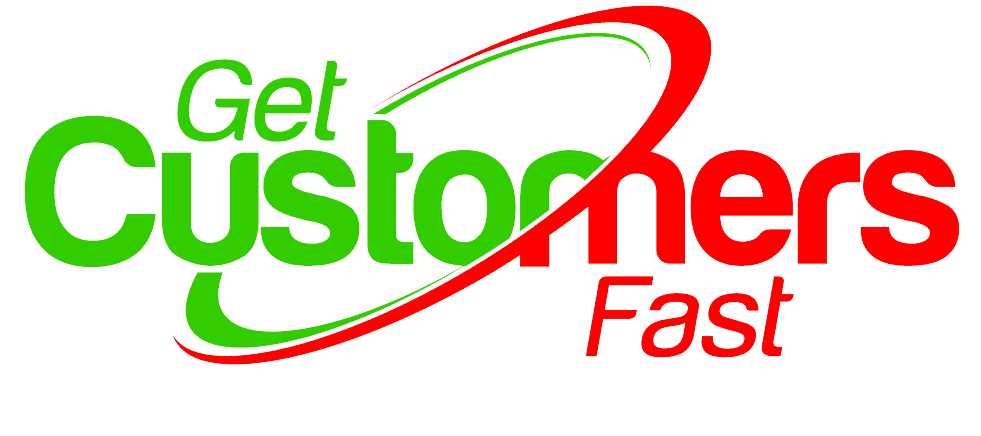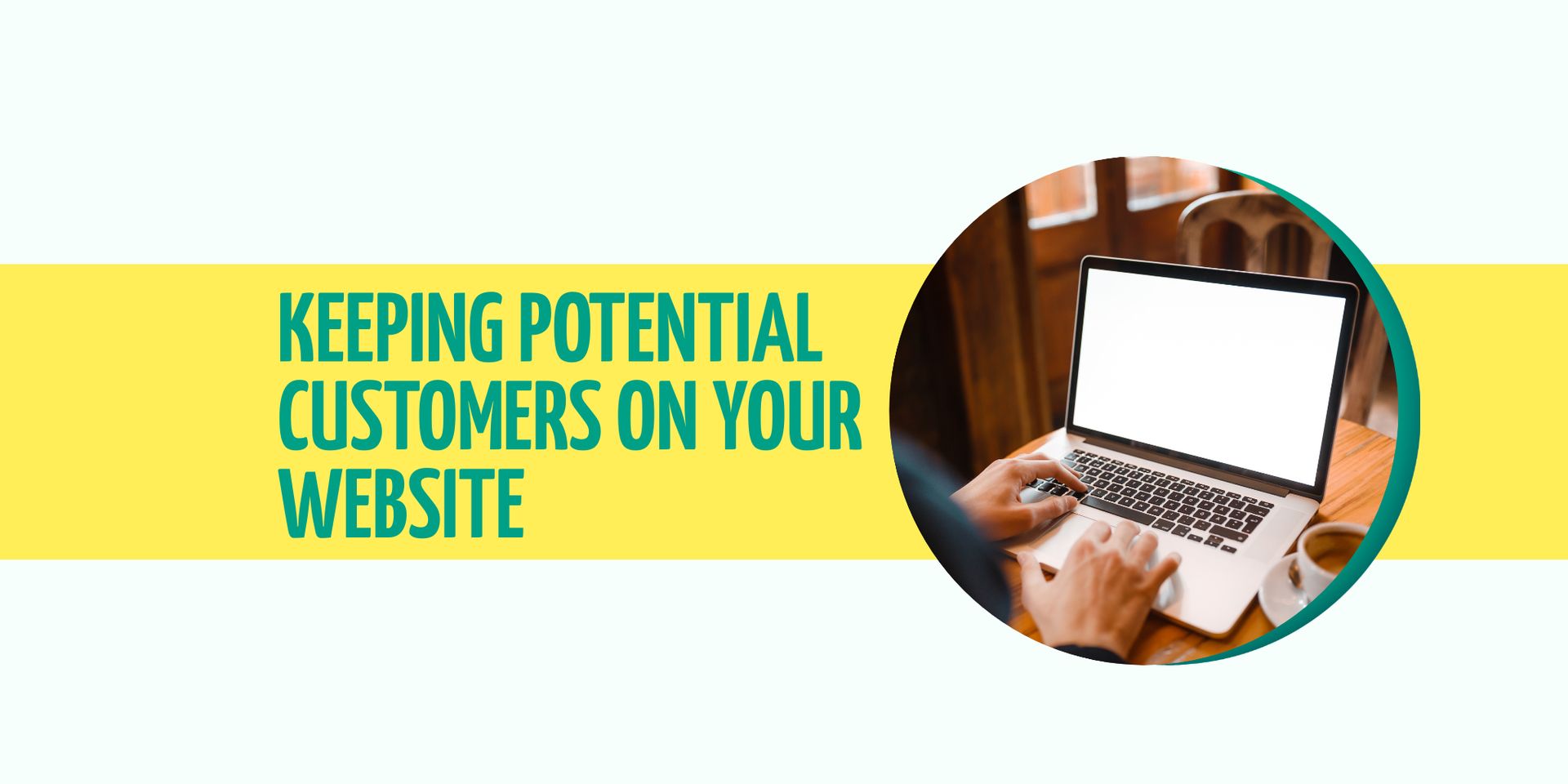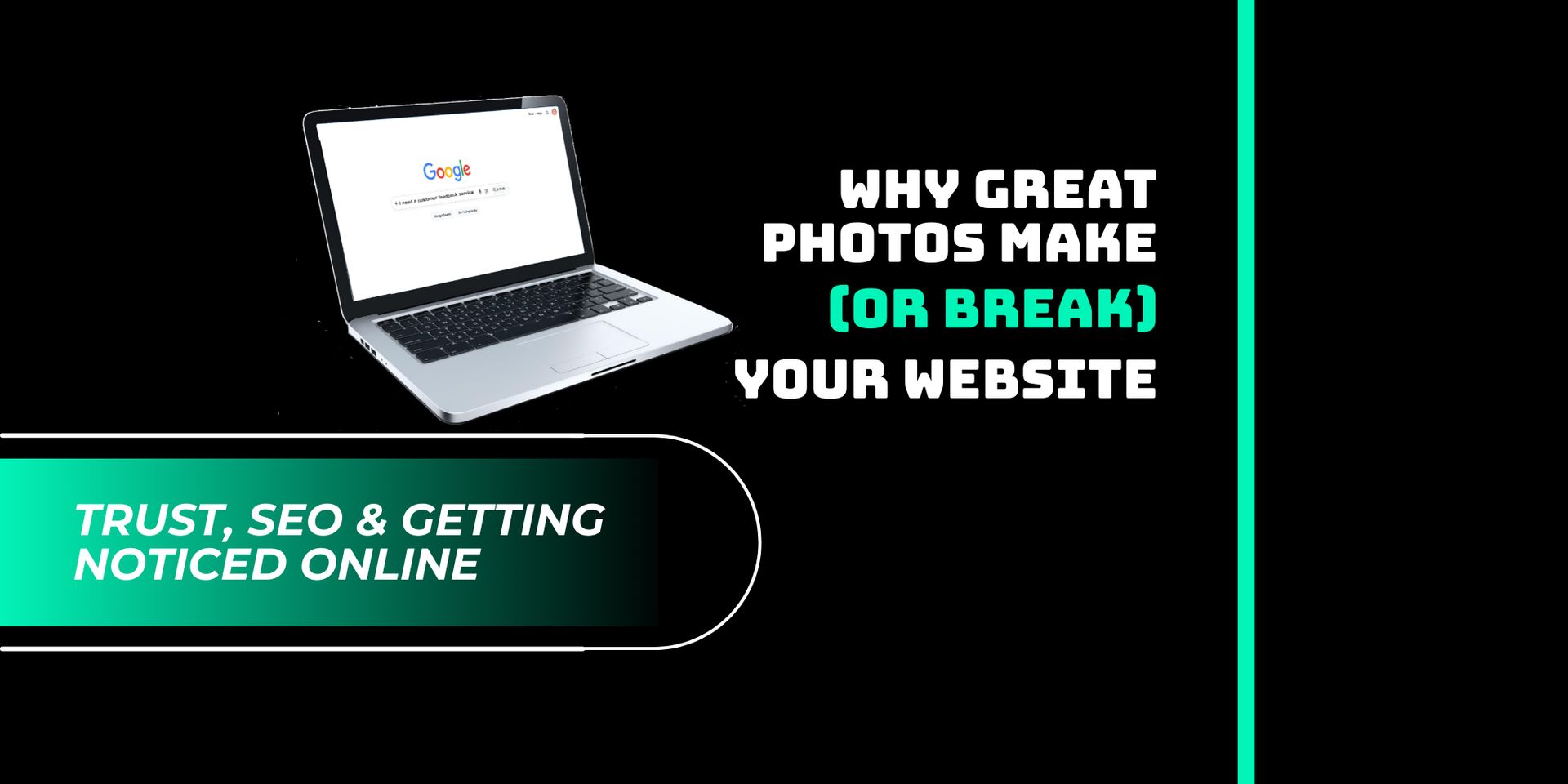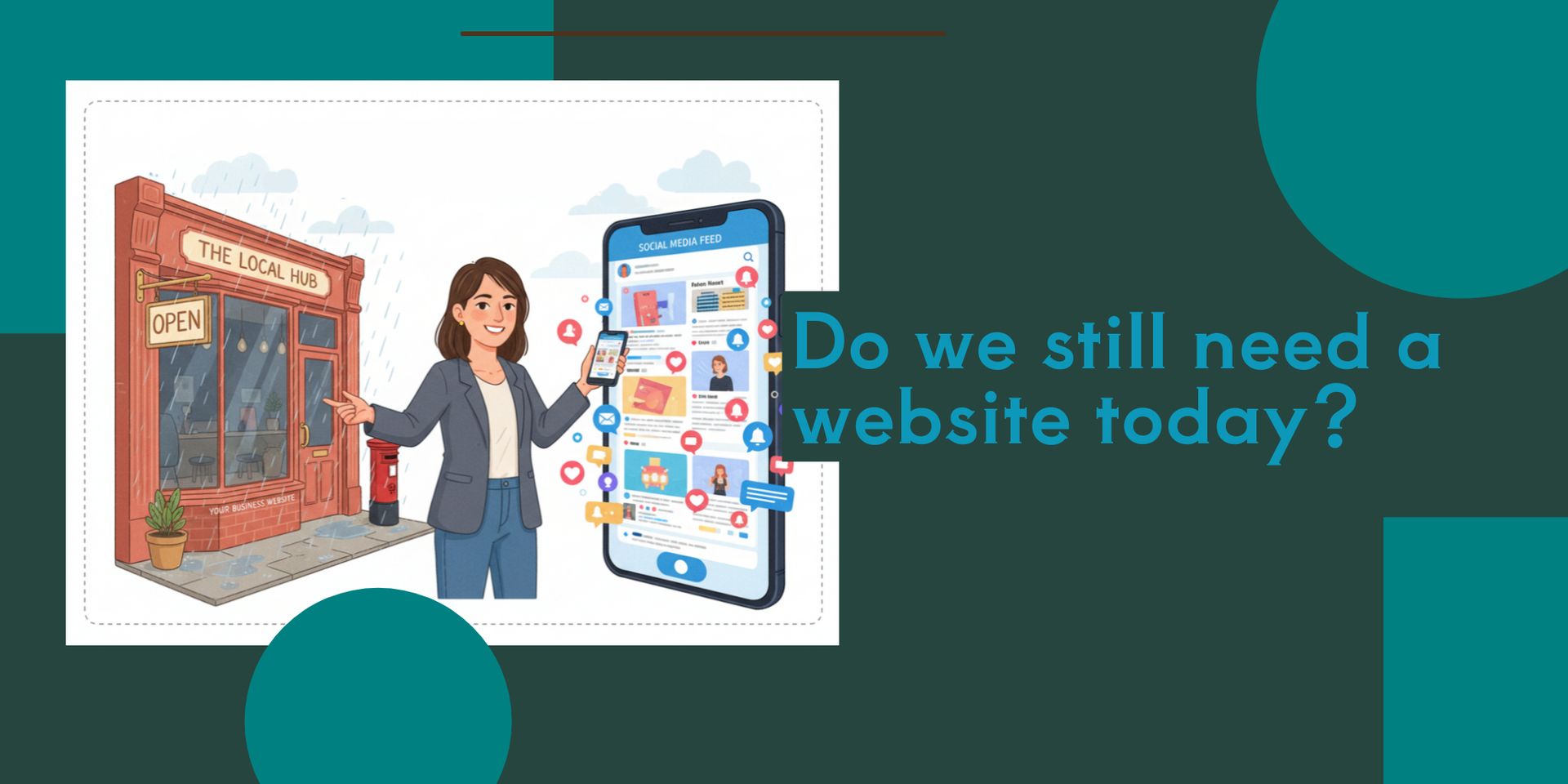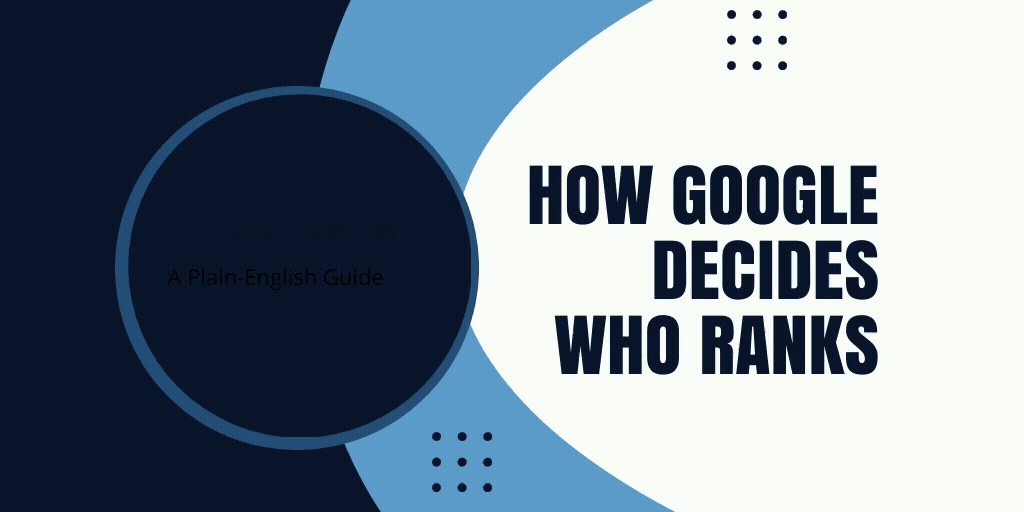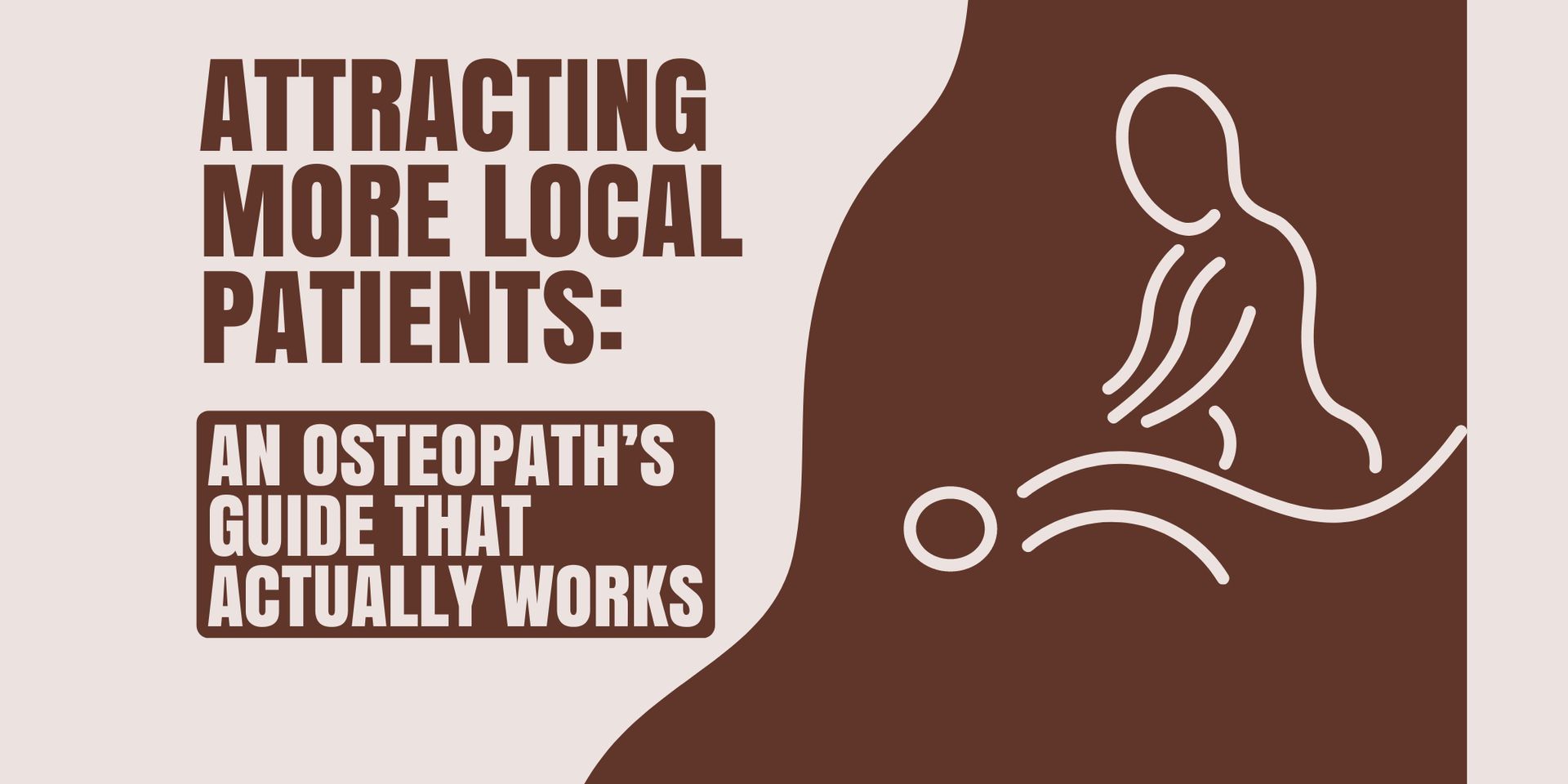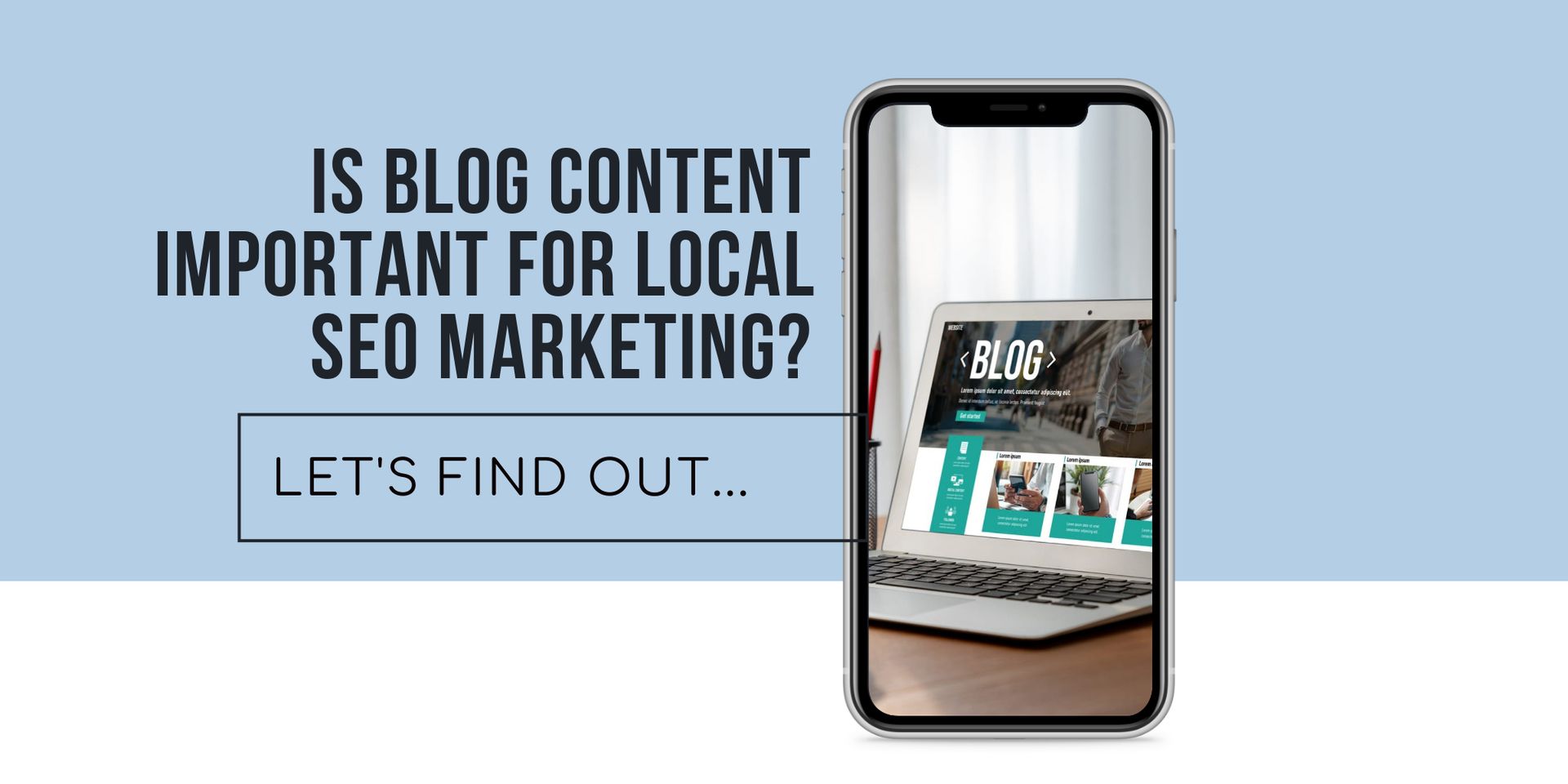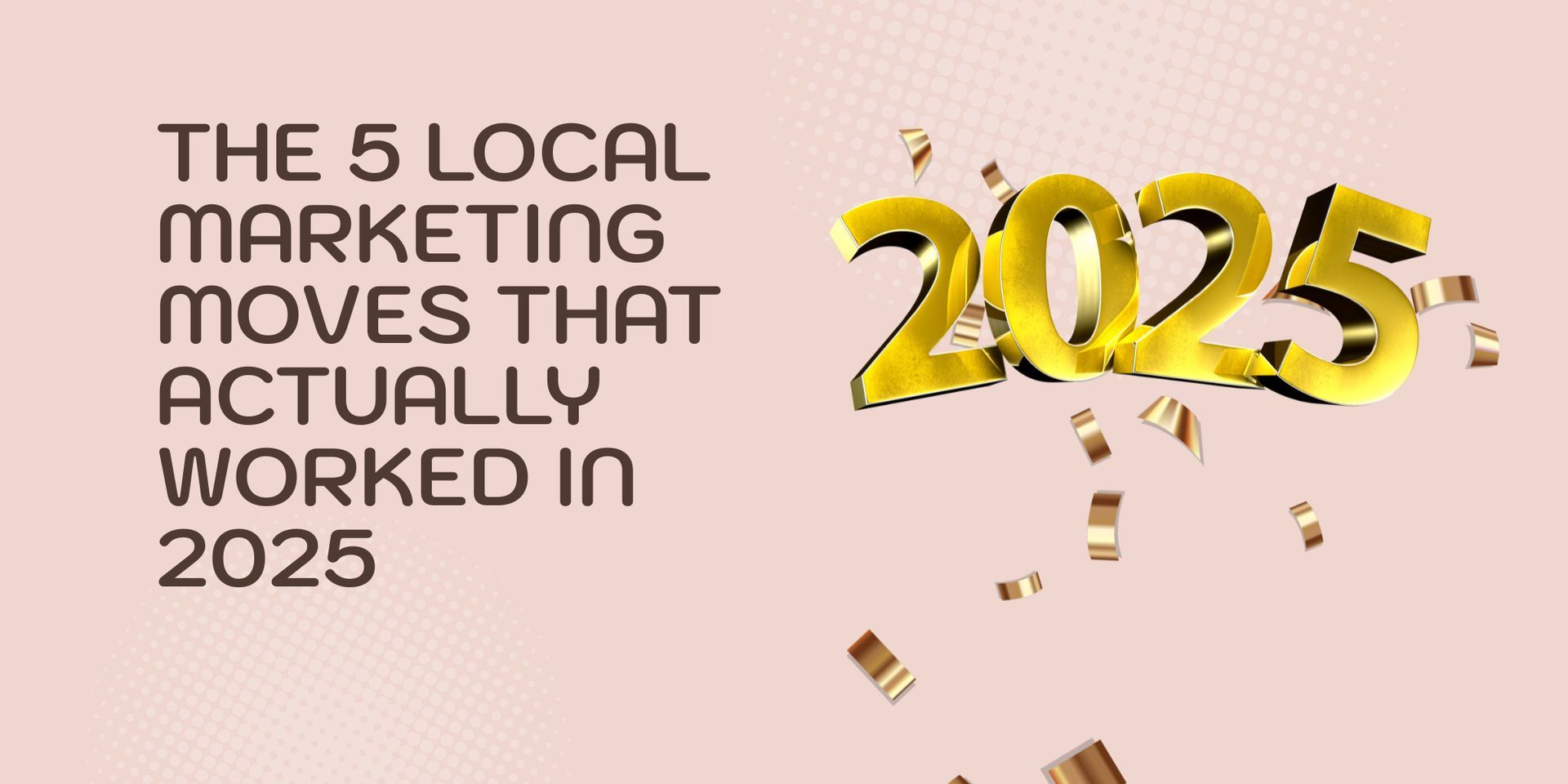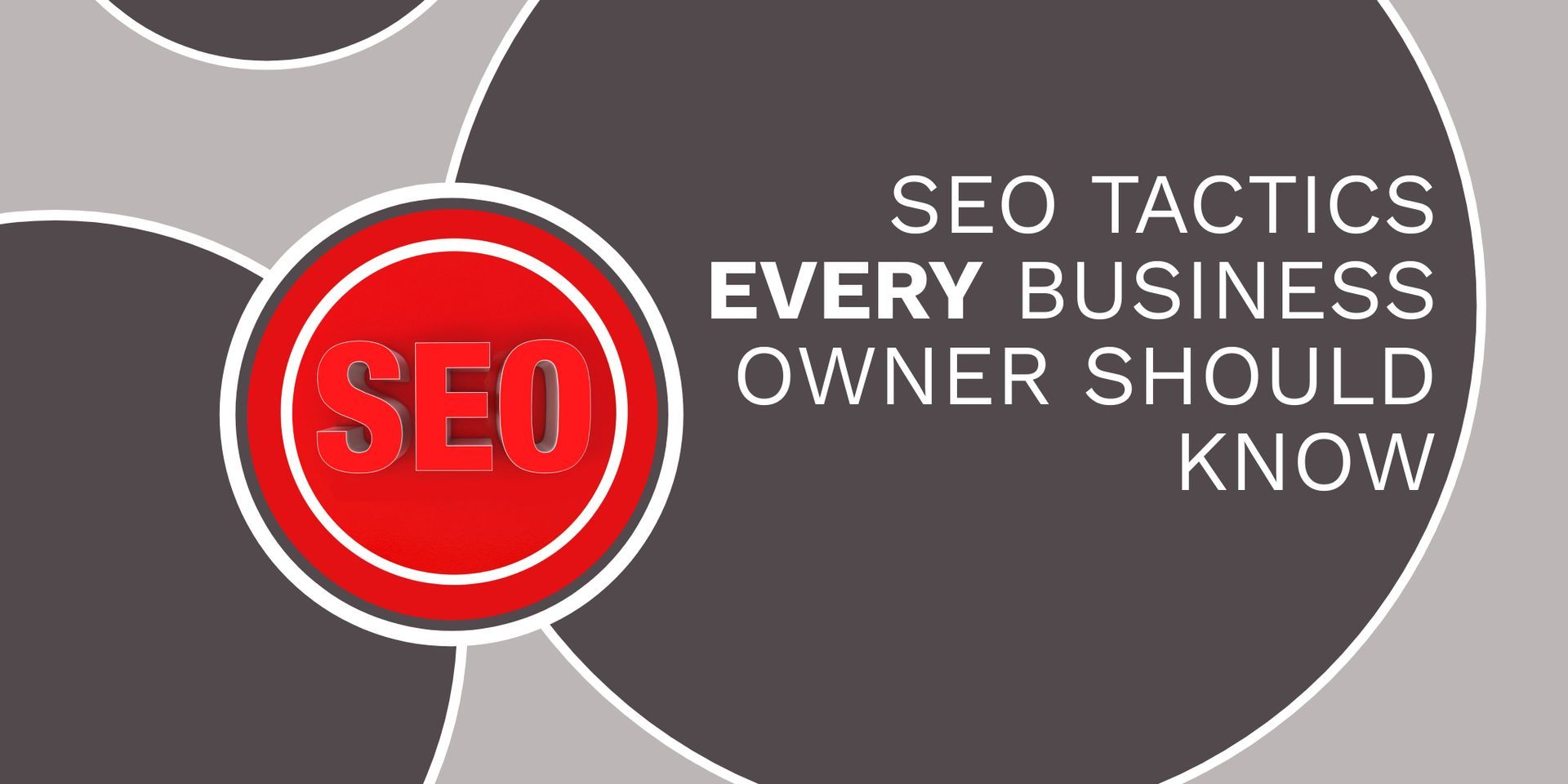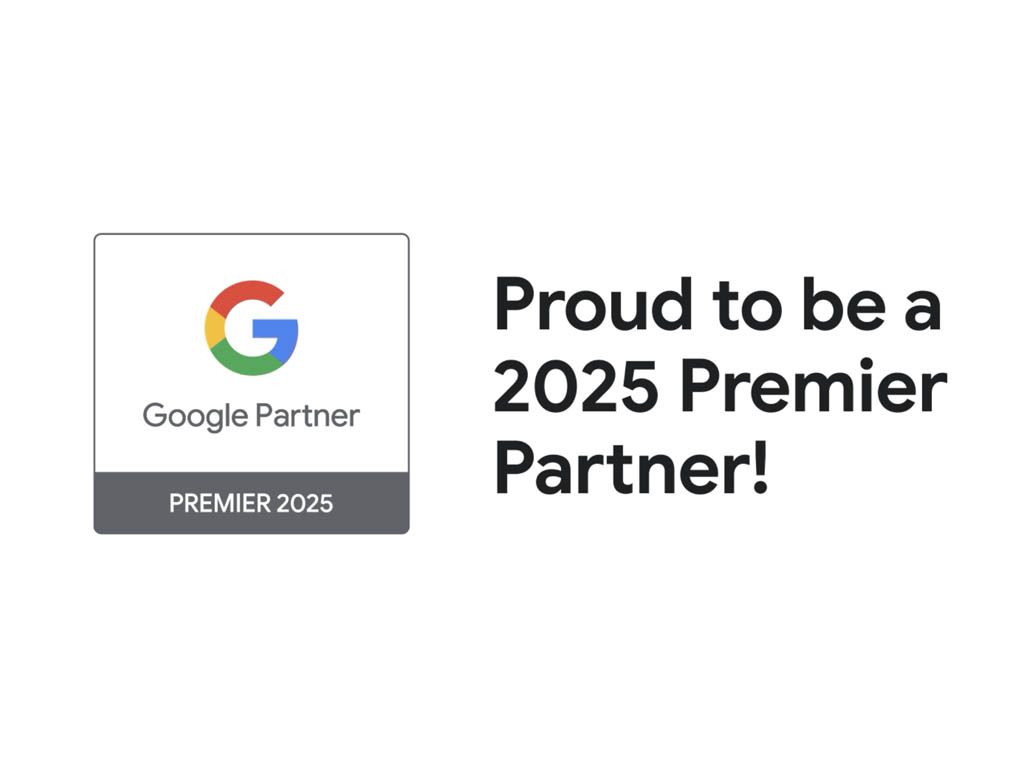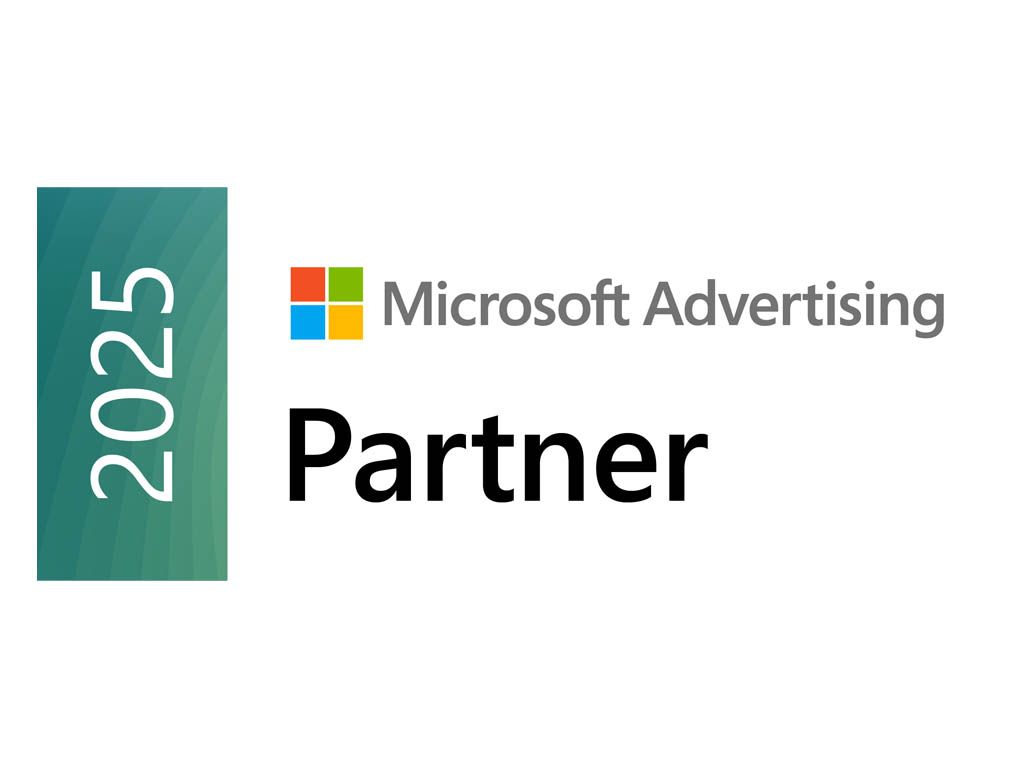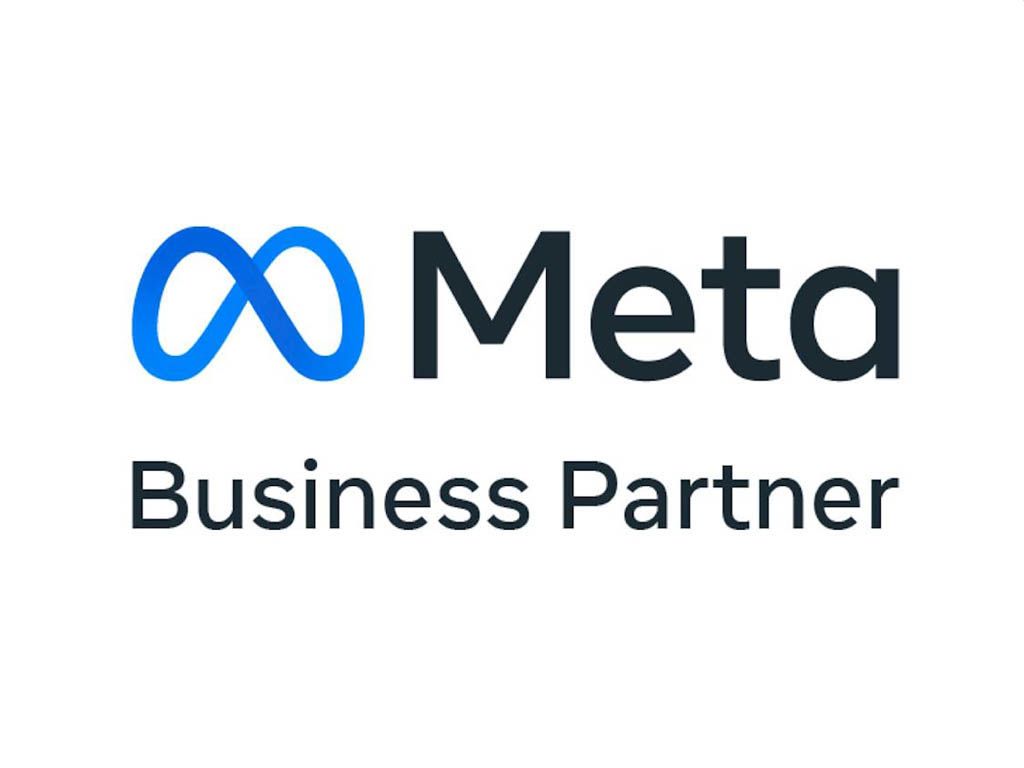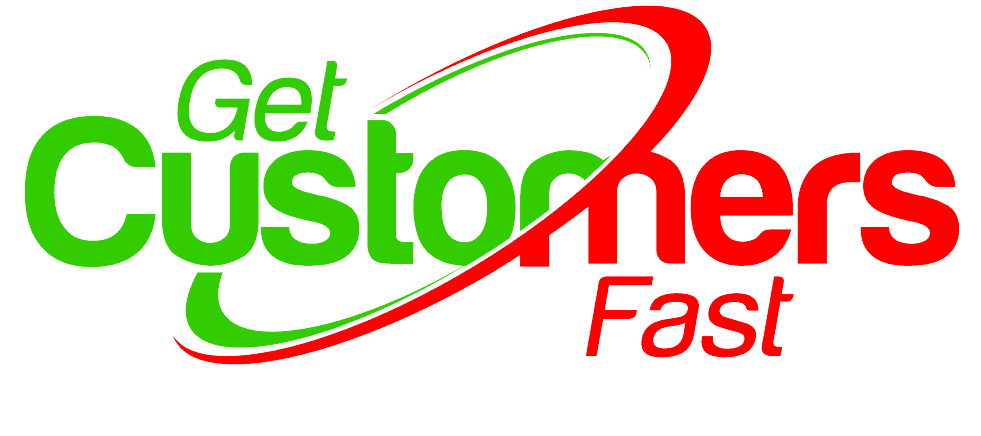Suzanne Taylor • August 26, 2014
What is PPC?
What is Pay-Per-Click advertising?

Pay Per Click advertising is where the seller of a product or service pays a small fee to the search engine provider (eg, Google) whenever a searcher clicks on the seller’s advert which leads to a page on the seller’s website .
Google is easily the most used website for PPC advertisers, although PPC is also available on Yahoo, Bing, YouTube, Facebook, etc.
So, what are Google Adwords?
For the seller , they are a ’hook’ to lure a potential customer to look at the particular product or service which they are offering.
For the searcher , GoogleAds represent potential solutions to something they want to find or know more about.
To Google , they are a way of introducing a buyer to a seller in return for a small fee.
How do GoogleAds work?
It is best to think of what you would do if you wanted to sell something (say, a stamp collection) at an auction using the services of your local auctioneer. You would
- Give the auctioneer your personal details
- Find out which section of the auction your stamps would be sold in
- Provide details of the stamps that you wanted to sell
- Agree on a minimum price that you would be prepared to accept
- See that your stamps were included in the auction sale document
- Pay the auctioneer’s fee once the stamps had been sold
Translated into how this would work with GoogleAds, we have
- Set up an account with Google
- Organise your products/services into Campaigns
- Input the keywords which you expect a searcher will type into Google
- Specify the maximum cost you would be prepared to pay for each click
- Complete Google’s Ad template with details of your product/service
- Pay Google for the number of clicks which your Ad has attracted
What happens next?
So you have set up your GoogleAds account, created a Campaign, added some keywords, decided on your budget, and written an appealing Ad which is now waiting for an opportunity to show itself to the big wide internet world.
Let’s assume that your business sells quality lawn mowers.
Meanwhile, somewhere in the outskirts of a quiet market town in Dorset, a keen gardener sits in his armchair contemplating what to do about his treasured lawn mower which has just ground to an ear bursting halt, accompanied by clouds of black smoke.
He reaches for his laptop and pulls up Google. In his mind he knows that he wants the same make of mower which lasted him for so many years and always cut his lawns to a high standard. He wants it delivered and would like to try it before making a final decision.
He types ‘Mountfield petrol mower’ into Google.
When creating your keyword list, you included the phrase ‘ quality petrol mowers ’ which Google’s technology immediately recognises as being very close to the gardener’s search terms, so it triggers your Ad to be shown, along with another 10 advertisers who also have Ads with similar keywords.
In the wording of your Ad you have said:
‘Quality
petrol mowers
for
next day delivery.
Mountfield
specialists. Try before you buy.
www.dorsetlawnmowers.co.uk
’
Google automatically highlights any of the search terms which match the wording of your Ad. This attracts the attention of the gardener and he clicks on your Ad. Two things happen as a result.
Firstly Google will charge you for the click ( the exact amount will depend on a number of different factors , but it won’t be any more than the amount you specified when you set up the Campaign).
Secondly the gardener will be taken to your web site – you can even take him straight to the page that has information about Mountfield mowers - which will show your contact details and should contain a suitable ‘ call to action’ (eg, Call now for details of our Try Before You Buy offer).
The gardener is impressed with the range of Mountfields that you sell and the opportunity to try out a couple of mowers, so he calls you to discuss the options. This eventually turns into a sale, which means that for a nominal fee you have gained a customer and made a profit on the sale . The perfect world!
Alternatively the gardener may have decided that your Ad didn’t match what he wanted and so he clicked on a competitor’s Ad. However, although not the outcome you wanted, it didn’t cost you anything .
The third possibility might have been that the gardener liked your Ad enough to click on it (so you pay Google their fee) but, for whatever reason, didn’t find your web site sufficiently appealing to get in contact with you or leave his details for you to contact him.
How can I tell whether this is working for my business?
Being able to measure your return on investment (ROI) is very important with any form of marketing, and PPC is no exception. Fortunately Google provides some helpful tools so that you can work out what extra business Adwords is bringing in and compare it with what it is costing you.
The most useful of these tools is Conversion Tracking , which lets you know when a searcher has clicked on your Ad and completed an action that you have specified. For example, on your ‘landing page’ (ie, the page which the searcher is taken to immediately after he has clicked on your Ad) you have a form which you want prospects to complete, giving you their name and telephone number.
Once they have filled in and submitted the form, they are taken to a ‘thank you’ page which thanks them for submitting their details and informs them that you will call them to answer any questions that they may have about your product or service. T his is known as a Conversion .
So how does Google let you know about this Conversion?
As part of the process of setting up Conversion Tracking, Google generates a few lines of HTML code which need to be added to the rest of the code that sits behind your Thank You page – a simple process that should take your web site developer no more than 5 minutes to complete.
When the searcher clicks on your Ad, Google adds a temporary ‘cookie’ to his internet folder. Google tracks the cookie, and if the searcher reaches your Thank You page (ie, he has completed the action you were hoping for) it matches it to the above HTML code and records a Conversion which you can see in your Adwords reports.
You can easily establish whether this prospect buys from you , because you now have his details, and therefore what your return has been from this piece of marketing.
If you have an e-commerce website , Google also has the capability to let you include a value (eg, the amount that the customer pays you) for each item that coverts. This means that you can get very precise information about the performance of your Adwords campaigns.
What else do I need to know?
What you have read about so far is a fairly stripped down explanation of GoogleAds.
It is certainly possible to add more detail, but until you have got the basic concept firmly in your head, any extra information may provide unnecessary distractions . Indeed, whilst GoogleAds are a very powerful marketing tool, they are multi-layered and it is best to learn and understand one layer at a time.
Nevertheless, here are some of the things that they can do which will help with your business marketing:
Reporting
- details of the search terms potential customers have used
- a report telling you which keywords have led to Conversions
- details of the number of clicks each keyword has received
- graphs showing the number of impressions (ie. times your Ad has been triggered) versus the number of clicks it has received – known as your Click Through Rate
Analysis
- Reports telling you where ( geographically ) your clicks/conversions have come from
- Reports telling you what operating system a searcher has used, or whether the click has come from a mobile phone or tablet
- Reports on the length of time visitors have spent on your site, including specific pages
- Reports on which position your keywords have appeared in Google’s Search Results
- Reports telling you which pages visitors leave your site from
Merchant Store
- A related account where product details, including photos , can be uploaded for display on Google Shopping
E-Commerce
- An additional reporting system enabling you to see the income generated from each on-line sale as well as which keyword led to the sale
What’s the next step towards earning money from Adwords?
You have a couple of options here. Firstly you could visit:
https:// adwords . google .com/um/StartNew Account
where you can input your details and start to set up your account. There are help pages which will guide you through the basics and soon have you up and running. However, on a cautionary note , this is rather like learning to drive a car by reading what to do from the owners’ handbook!
Alternatively you could call a national provider of PPC services. You’ll find that they have ‘ one-size-fits-all ’ packages to suit any budget, ideally theirs, and will sign you up to a contract with an end date somewhere over the horizon.
Finally, there is an altogether more logical solution. ‘Logical’ because you wouldn’t spend weeks under the bonnet of your new car trying to understand the relationship between all the parts before taking it for a drive. Neither would you, hopefully, purchase a motor insurance policy which was applicable to all vehicles , from mopeds to juggernauts.
This solution is to work with an experienced Adwords practitioner who will take the trouble to find out how your business works, what makes your customers tick and what your customer base currently looks like, and even what you’d like it to look like.
Then, once all the preparation has been done, will set up an Adwords campaign with keywords and Ads which are appropriate to your market , ensuring that everything is measurable so that you can see what your return is on your investment.
The other significant benefit to this solution is that you won’t feel that you are being left in the dark . You will receive regular performance information along with reviews which will explain the significance of the figures , so that you will have a good understanding of Google Adwords and what it is doing for your business, without having to do the hard graft .
Author: Adrian Stephenson
Adrian is one of the UK’s leading authorities on the subject of PPC and runs a company which offers a managed service to help you maximise the results you can get from this form of advertising called ‘done for you PPC’

